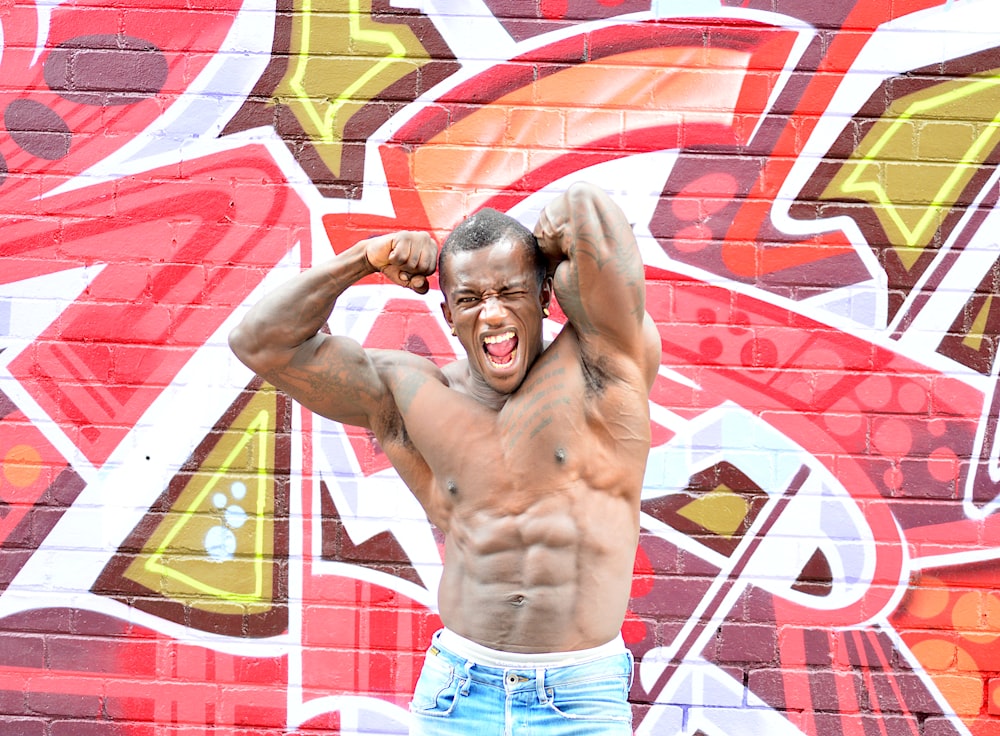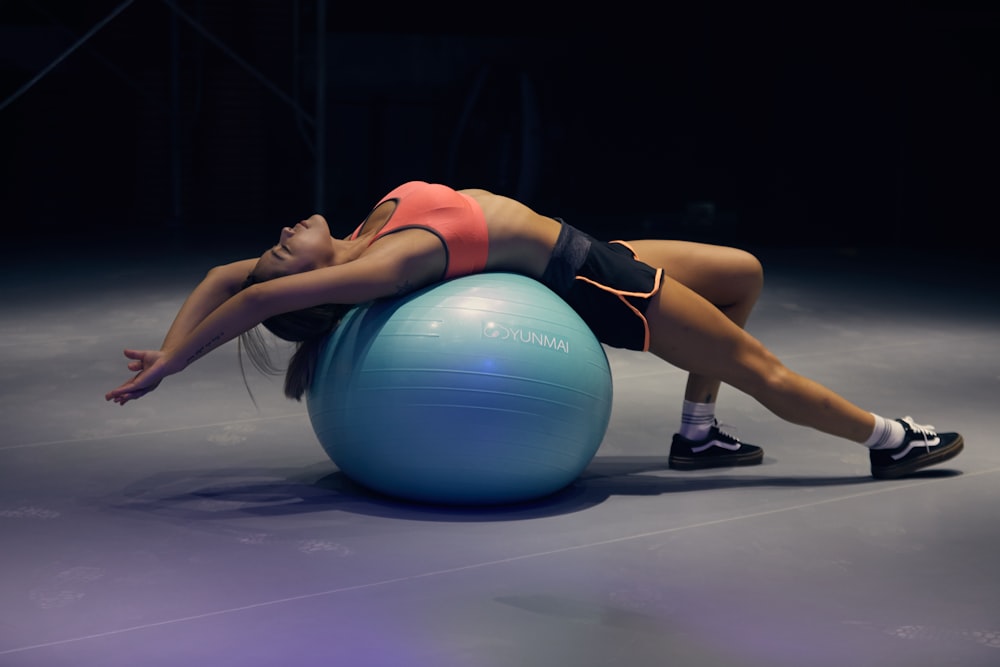
Some people think the quickest way to see results from working out is to exhaust themselves in the gym every single day, and fail to recognize how important rest days are. It’s true that the best way to build a healthier, fitter, and stronger body is through a healthy diet and a consistent workout routine. However, being consistent doesn’t mean working out daily.
Taking rest days is just as important for health and fitness as consistent movement is. Rest days, or active rest days, are exactly what they sound like: a day an athlete takes for their body to rest and recover. Just like your mind needs breaks from the stresses of work and school, your body needs breaks from physical exertion. Taking one or even two rest days per week is a great way to practice self-care and self-love, because this is you caring for your body. Any workout routine that doesn’t include space for rest days may lead to burnout, physical and mental exhaustion, and injury. In short, you can end up doing more harm than good by showing up to the gym every single day.
“Many people jump in with both feet when it comes to training and nutrition and burn themselves out, which is why people tend to fail,” says Ashley Hawksworth, nutrition coach and co-owner of STAG Fitness. “Taking your training and nutrition nice and slow, with great care and adequate rest days can lead you to long-term success.”
Let’s take a closer look at some of the benefits you can enjoy by remembering to take rest days:

Rest Days Allow for Muscle Growth
Do you know how your muscles grow? When you weight train to exhaustion, you are actually creating small tears in your muscles. When that happens, specialized cells in your connective tissue called fibroblasts come together to repair these tears, thus increasing muscle density. However, this doesn’t happen overnight, and that’s one of the reasons we don’t train the same muscle group two days in a row. Taking a rest day allows your body to ‘catch up’ and heal these microscopic injuries.
Rest Days Give Your Body a Chance to Replenish Energy Stores
Carbohydrates are your body’s main source of fuel and come from many of the foods you eat. Once ingested, your body converts them into glucose and stores them as glycogen. When you work out, your body pulls from your glycogen stores, giving you enough energy to perform (unless you have achieved ketosis, in which case your body would be burning fat). Once these glycogen stores are depleted, you’re essentially ‘out of gas’. Muscle soreness and fatigue are two ways that your body tells you it’s time to rest. Listening to those signs and taking a rest day gives your body a chance to ‘refill’ its glycogen stores.
You’ll Reduce Your Risk of Injury
When you’re fatigued, you are at higher risk of injuring yourself while working out. Taking a rest day lowers your risk of hurting yourself. Not only that, many athletes run the risk of performance injury due to repetitive motion or from overusing certain muscles. Your hip flexors are especially at risk if you’re constantly putting them through the strain of squatting heavy weight. However, shoulder and knee injuries are also common due to repetitive motion.
You’ll Sleep Better
Many hormones are released during exercise including endorphins and dopamine (which is why exercise can be so addicting) growth hormone (to grow those muscles) and, notably, cortisol and adrenaline, which are stress hormones. Over-exercising, though, can lead to your body overproducing these hormones and may affect your ability to fall asleep.
Rest Days Improve the Mind/Body Connection
When your body is ready for a break, it will tell you. You might feel tired or clumsy, or experience muscle soreness or weakness. What’s more, over-exercise isn’t the only reason you might need a break. Stress at work or in your personal life, being too busy or suffering financial hardship are incredibly difficult things to put your body through, and while some people find relief in exercise (and you might be one of them) that doesn’t mean it has to be your only outlet. Listen to what your body is saying: if it’s truly too tired to workout today, then don’t. Tuning in to your body’s signals will improve the connection between your mind and body, and that is going to be a huge advantage when you’re ready to get back in the gym.

Rest Days Give You a Period to Celebrate Your Achievements
It’s thrilling when you first notice that your clothes are a little looser, or see that ripple of muscle definition that wasn’t there last week. Being able to lift more than when you began is a huge accomplishment and one worth celebrating. It’s what motivates you to keep going. So, keep that momentum up, not by burning yourself out in the gym, but by resting and giving it 110% when you come back.
Prevent Burnout
Have you ‘hit the wall’ earlier than you thought you would? Have a hard time concentrating or keeping good form? Are your muscles cramping up? These are all signs of burnout. A lot of athletes make the mistake of ‘pushing through’ burnout in the name of building up their endurance, but those are two different things. Don’t confuse hard work with overwork.
Allow Your Mind to Rest
Your body isn’t the only thing that suffers when you overwork it. If your mind feels cloudy, if you’re having a hard time making decisions or feel uncoordinated, clumsy, lethargic or heavy, you might be experiencing the cognitive signs of burnout. Taking a rest day and doing something relaxing and rewarding are a few ways to bounce back and be your sharpest self.
The Bottom Line
“Not only is it good to have rest days,” says Hawksworth, “it’s actually imperative for muscle building and body fat loss.” With that being said, that doesn’t mean that a rest day is an excuse to do absolutely nothing. In general, it’s important to incorporate a bit of movement into our lives daily. Rest days can be designated for low-stress, low-impact movement. “Going for walks, hikes, mobility work, light stretches or housework [are all good options]. Doing this is actually more conducive to recovery and it actually helps you build more muscle.”
Did you know your genes can influence your workouts? Certain exercises can suit you more than others, according to your unique genetic makeup. A DNA test from CircleDNA can point you in the right direction and help you customize your workout plan so you see optimal results. Simply view your genetic fitness reports from CircleDNA.







Comments are closed.